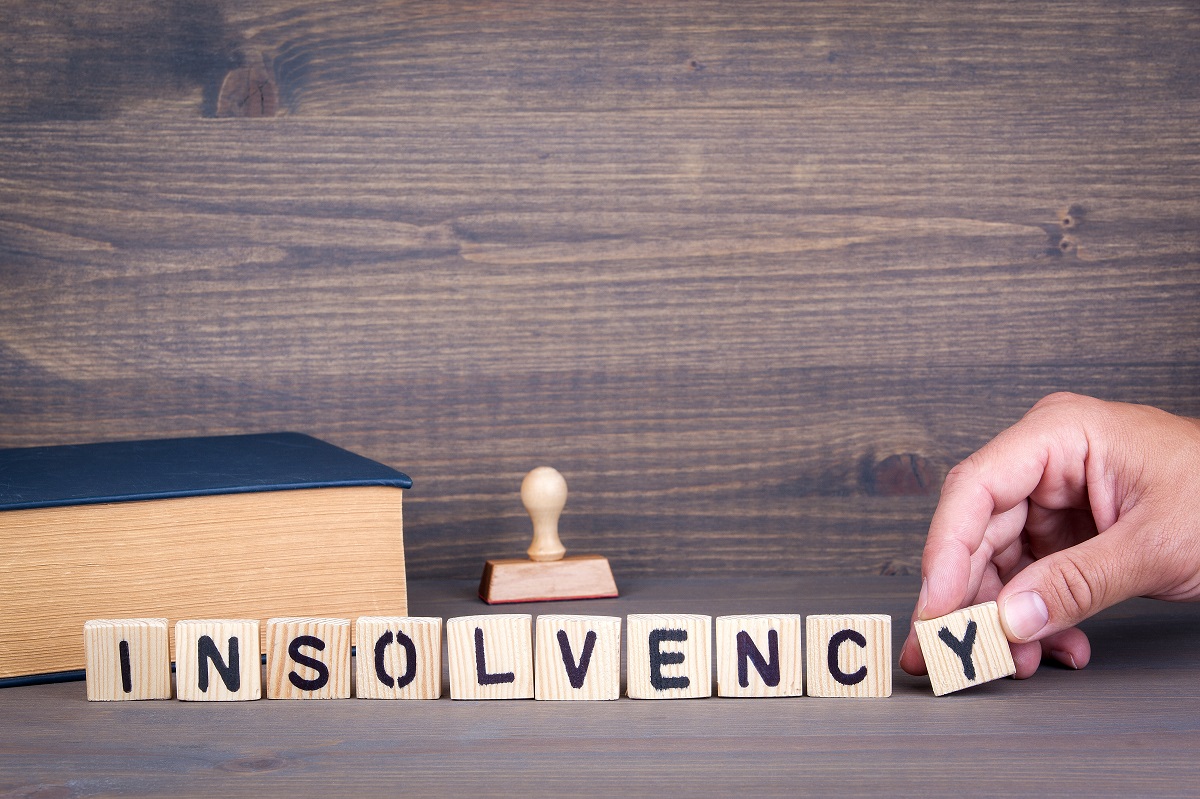The Only Guide for Insolvency Practitioner
The Only Guide for Insolvency Practitioner
Blog Article
Indicators on Insolvency Practitioner You Need To Know
Table of ContentsThe Basic Principles Of Insolvency Practitioner Some Ideas on Insolvency Practitioner You Should KnowSome Ideas on Insolvency Practitioner You Should Know9 Simple Techniques For Insolvency PractitionerInsolvency Practitioner Can Be Fun For Everyone
Whether or not you need to utilize an insolvency professional (IP) to liquidate your company depends on different factors. While engaging an insolvency professional for all types of liquidation is not a lawful requirement, doing so can typically simplify the procedure and ensure compliance with legal demands. Liquidating a company is a vital choice that comes with considerable repercussions.
It is a procedure utilized when a business does not have any financial institutions, or every one of their lenders can be paid off completely with statutory interest. Recognizing the different kinds of insolvency processes can aid you identify the very best program of action for your business's liquidation or other formal insolvency treatments itself.
This is obligatory in order to abide by lawful needs - Insolvency Practitioner. This is due to the fact that IPs have the needed credentials and experience to make sure that the liquidation process is carried out according to all suitable laws and policies. By involving a qualified insolvency professional, you can have peace of mind understanding that your firm's liquidation process will certainly be dealt with properly and in conformity with the pertinent legal needs
9 Simple Techniques For Insolvency Practitioner
The insolvency professional is assigned as a liquidator and is in charge of handling the firm and liquidator's debts exceptional responsibilities and assets. This process includes liquidating the firm's properties and dispersing the proceeds to creditors. Upon conclusion of the procedure, the company is removed from the register at Firms Home.
Failing to do so can cause personal obligation for the business or director for the creditor's debts. Volunteer liquidation, which includes Financial institutions' Voluntary Liquidation (CVL) and Members' Volunteer Liquidation (MVL), is launched by the company's directors and shareholders when they can no much longer pay their debts. In a CVL, the insolvency specialist is assigned as the liquidator, in charge of taking care of firm financial obligations and all business properties.

All about Insolvency Practitioner
By assessing the know-how and experience of possible insolvency specialists, you can guarantee that you choose a practitioner that has the needed certifications to manage your firm's liquidation procedure successfully. While bankruptcy practitioner-led liquidation is often one of the most ideal training course of activity for companies facing bankruptcy, there are different methods to consider, such as striking off and partial liquidation.
It's essential to examine all available options prior to deciding on the next ideal service or strategy for your business. Striking off business' registers is a more straightforward and cost-effective method to close inactive or little firms with no financial obligations or assets. To strike off a company, its name is removed from the Firms Residence register by sending form DS01.
Prior to choosing striking off, it's critical to weigh the advantages and drawbacks of this strategy and consider whether it's the ideal selection for your company. Partial liquidation is an additional option to bankruptcy practitioner-led liquidation, in which a firm sells off certain assets and obligations while remaining to webpage operate with the staying possessions and liabilities.
An Insolvency Expert will certainly be able to suggest you of the most effective strategy to take and guarantee that every little thing runs efficiently. However, it is not feasible to sell off a firm without a liquidator. Appointing an authorised bankruptcy expert is needed for the procedure of volunteer liquidation to begin.
Examine This Report on Insolvency Practitioner
It is feasible to close and liquidate your firm without using a liquidator, supplied your firm is solvent and you satisfy the eligibility demands to liquify or liquidate it. However, if your firm is bankrupt, you might be required to utilize a useful source liquidator and start formal bankruptcy procedures. Here are a few other insightful short articles regarding business liquidation in the UK:.
Remaining in a position where you're unable to pay your company's creditors is exceptionally difficult. In an effort to stay clear of boosting the level of financial obligation, lots of companies try to bargain straight with their creditors and accept an informal arrangement. If the debt is rather little and owed to one financial institution, and the lender is being participating, participating in an casual financial debt arrangement is possibly the finest service, as opposed to looking the web for 'a bankruptcy expert near me'.
On the other hand, if there are numerous financial institutions and the level of debt is large, financial institutions may not be so prepared or cooperative. In order to stay clear of liquidation or personal bankruptcy, it is far better to hire an insolvency practitioner to attract up formal proposals and bargain with financial institutions in your place.
Excitement About Insolvency Practitioner
Whilst it is a means to take care of financial obligation, there are considerable risks involved with this sort of financial obligation setup - Insolvency Practitioner. If a lender is prepared to participate in a casual plan (IA) wherein the borrower has accepted make routine, if reduced, payments to settle the financial obligation, it is very important to stay with the arrangement

The financial institution is within their civil liberties to back out of the agreement and application the courts for your firm to be liquidated at any kind of time. A formal setup that has been recommended by an insolvency specialist in your place, and concurred by a lender, provides a much more secure option.
Report this page